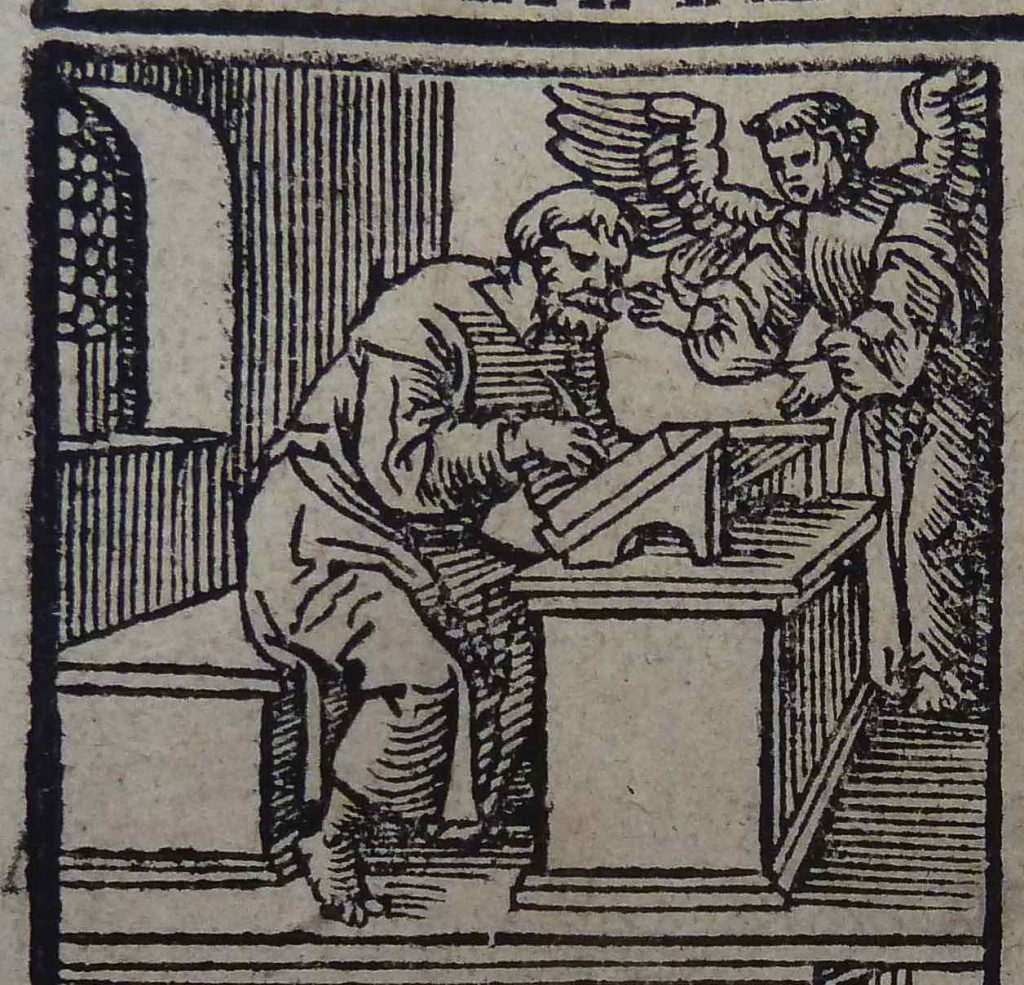
“All this took place to fulfill what the Lord had said through the prophet: “The virgin will be with child and will give birth to a son, and they will call him Immanuel”—which means, “God with us.”
Matthew quotes Isaiah 7:14, a prophesy that led to God calling Isaiah to name his next son Maher-Shalal-Hash-Baz, meaning, “quick to the plunder, swift to the spoil” – a poignant prophetic object lesson of the impending Assyrian invasion. Yet everyone who ponders such things can know that Maher-Shalal-Hash-Baz was an imperfect fulfillment of Isaiah 7:14, for the Lord had said, “the virgin will be with child” and Isaiah’s wife had already bore him a son – the very son he had with him when he was given these words. Although the Hebrew could mean “young girl”, such would not be the full meaning of the word.
In 1:22-23 of his Gospel, Matthew is saying that the fulfillment of the prophesy is only now given, in Jesus Christ. That is a very bold observation, and it is an observation that is itself pregnant with meaning.
Just what meaning is gestated in the mind and ultimately given birth by confession is up to the reader. For the disbeliever, it simply means Matthew transposed a cherry-picked prophesy to his own point. But this Gospel is not for the disbeliever, we’ve already grasped that Matthew wrote it for those who consider themselves the people of God. For them (the average Jewish reader in Matthew’s day), it would’ve immediately stirred up hopes of deliverance from Roman occupation. We can relate to that, because that occupation – which was understood as punishment for national sin – was an offensive and dangerous oppression in the minds of most Jews. Just as secular governments are to most Christians today.
But for the reader with true faith in God, it means not only that Jesus is the fulfilment of yet another prophesy (praise the Lord!), it means a disciple of God – in this case Matthew – can rightly interpret Scripture.
That is no small thing – Matthew was not a learned Jewish scholar, as Paul was. Matthew was formerly a tax collector for the occupying Romans. He had been a traitor to his own people, an outcast that Jesus invited to become a disciple. That such a man as he can pick up the Scripture and see something even the learned Pharisees and scribes failed to notice is a powerful testimony to the work, wisdom and grace of God. Only the Holy Spirit could reveal Christ in the prophesies of Isaiah, and only the Holy Spirit could cause him to articulate it so perfectly that the finished work is literally Gospel. And that is not just a point of marvel at something the Spirit did a long time ago with someone on the other side of the world. It is a point of fact with profound implication, because the same Holy Spirit is at work right now in you, to bring you to complete maturity and full Christlikeness.
Praise the Lord indeed!
To have the Scriptures in a language you understand is a great gift. To read the Scriptures is an awesome privilege. To study the Scriptures is a tremendous opportunity. But to obey them – that is the test. Only when you have passed that test should you dare to interpret them for others.
Marcus Verbrugge
Spiritual maturity is not reached by the passing of the years, but by obedience to the will of God.
Oswald Chambers
APPLICATION: Thankfulness
We benefit from Matthew’s obedience just as we benefit from the obedience of all who came before us. Someone – likely many thousands of people – will benefit from your obedience to God and His Word. Thank God for that. It is His grace to all His children.









